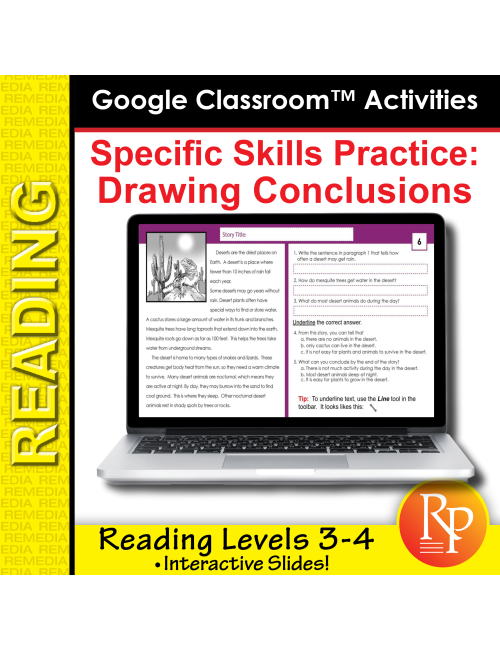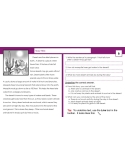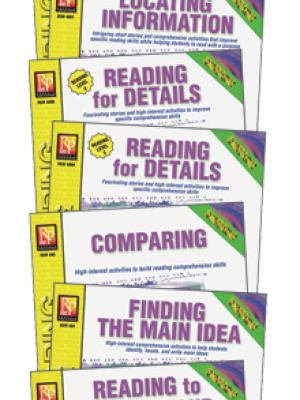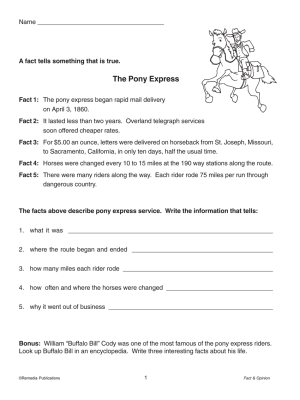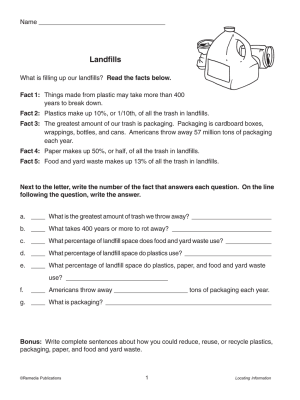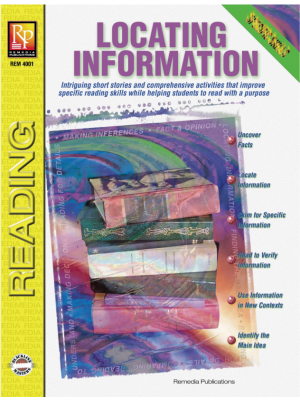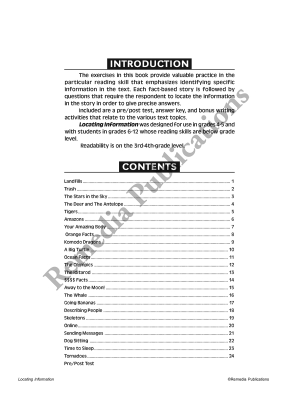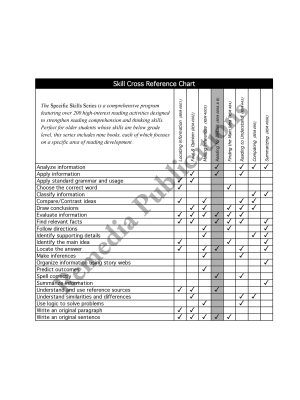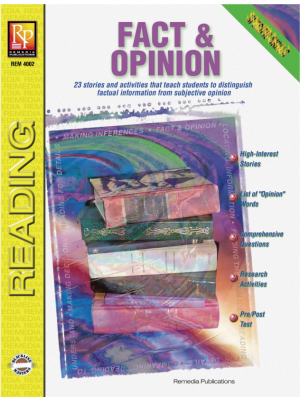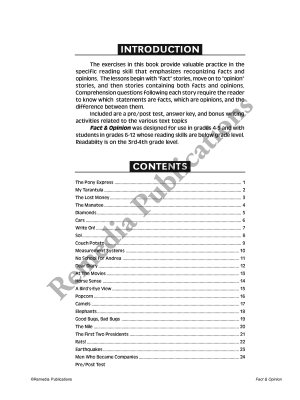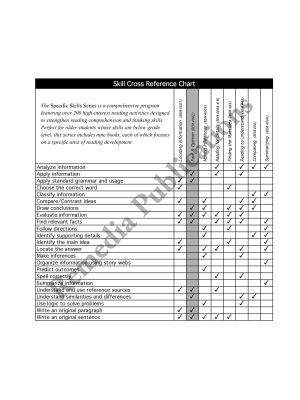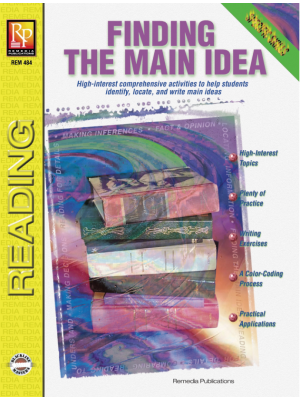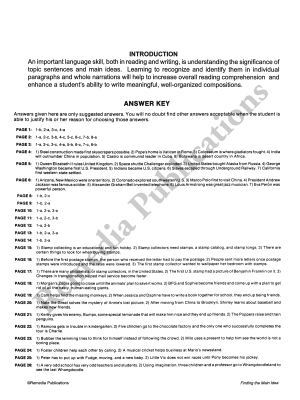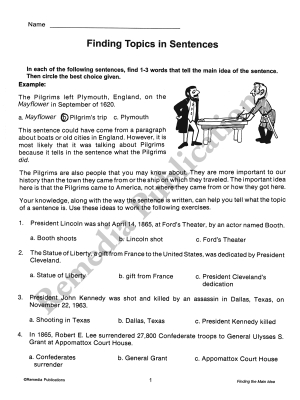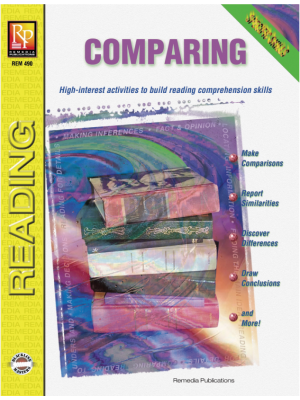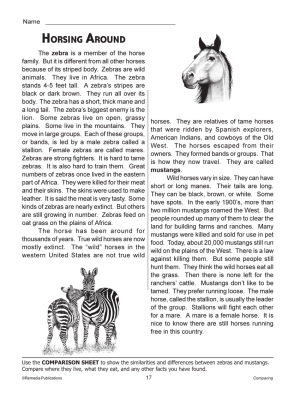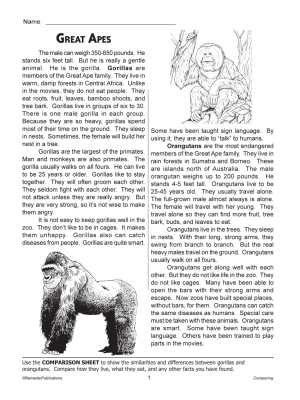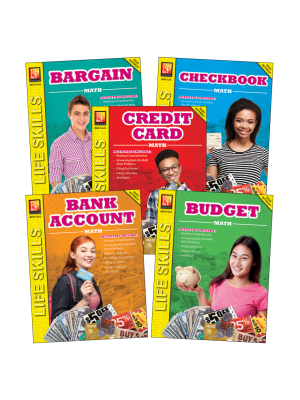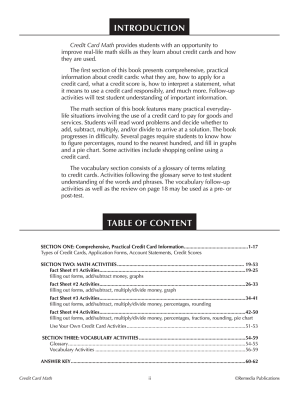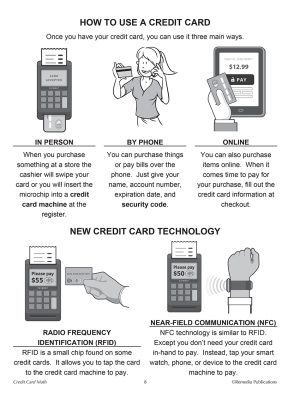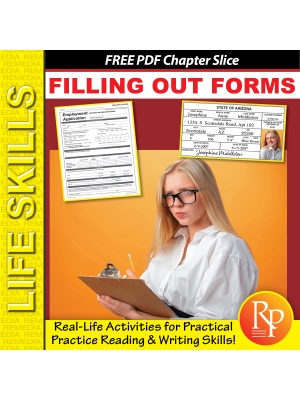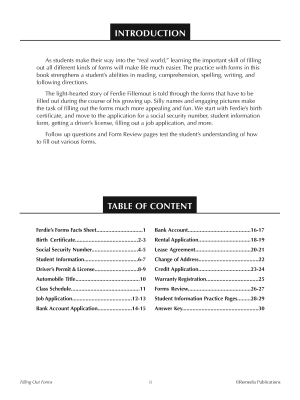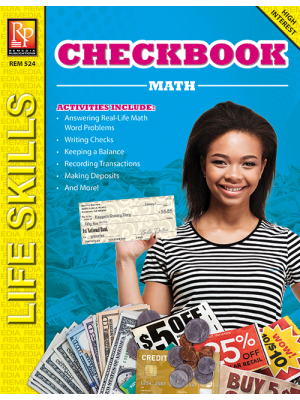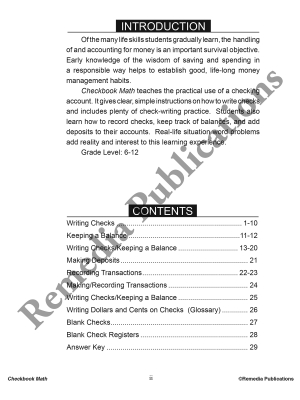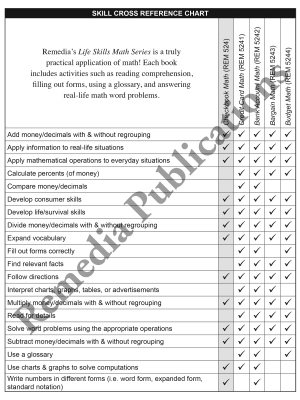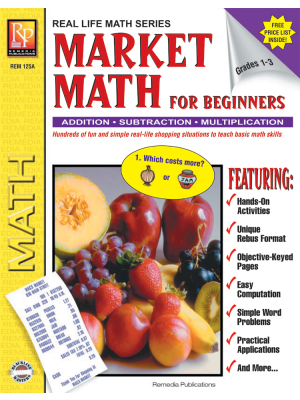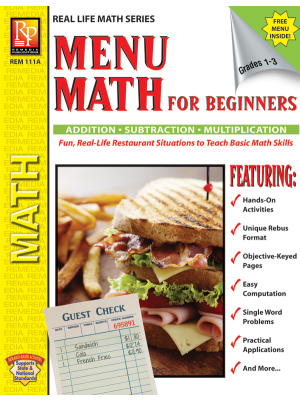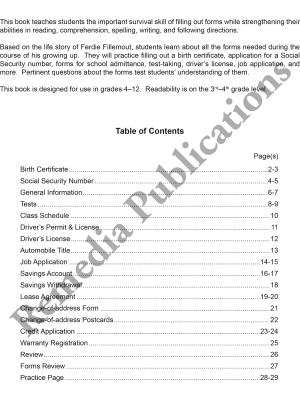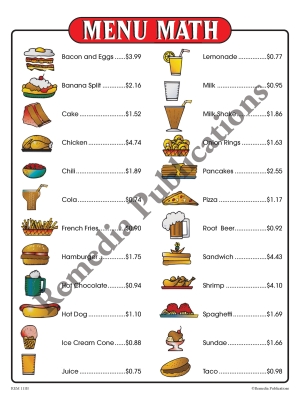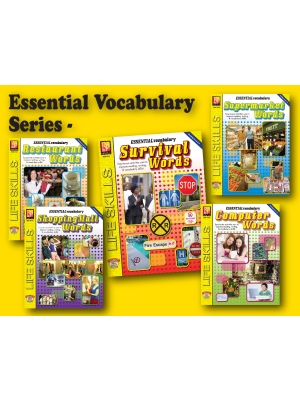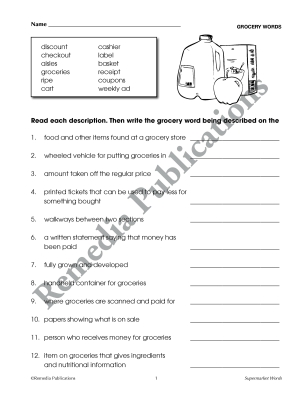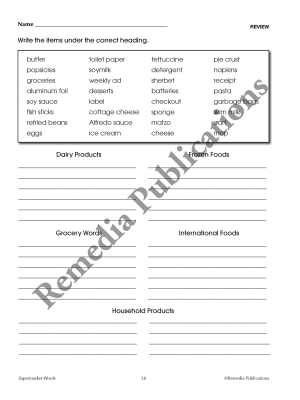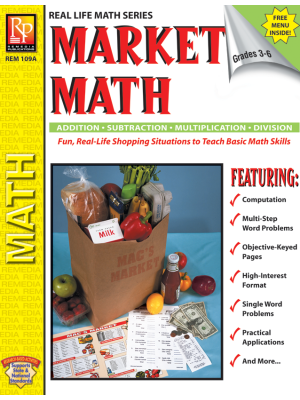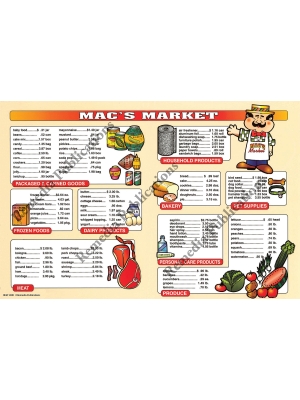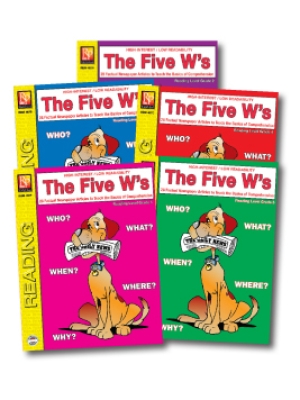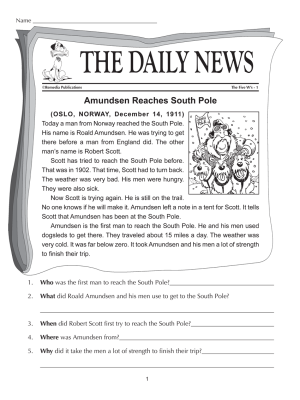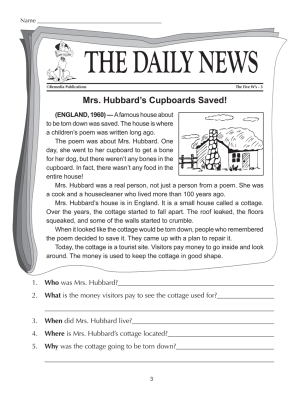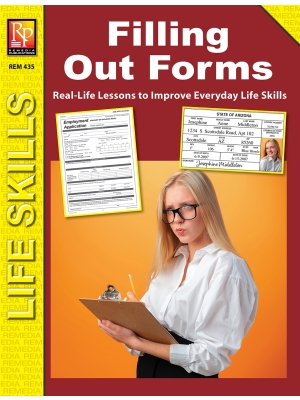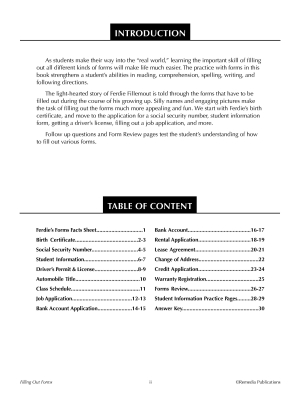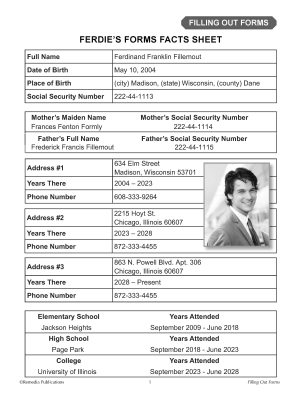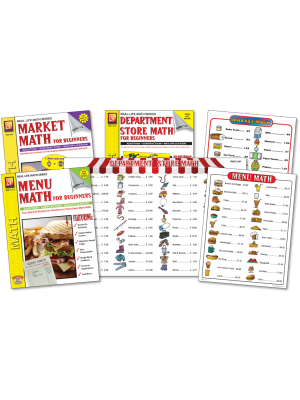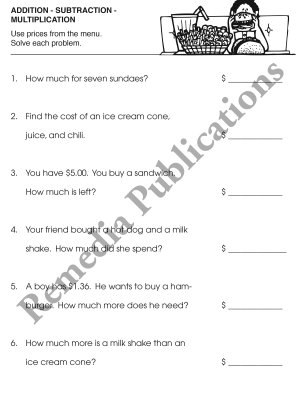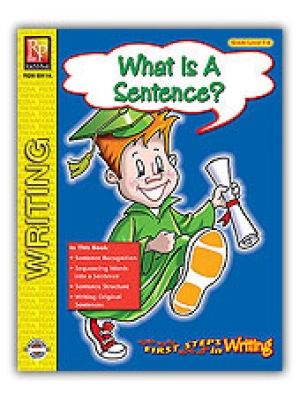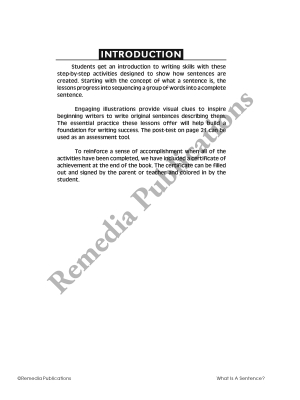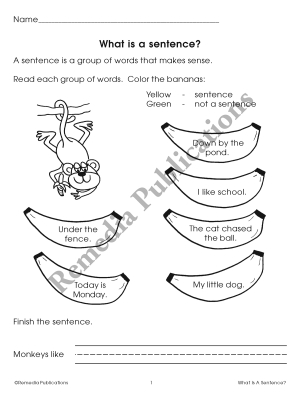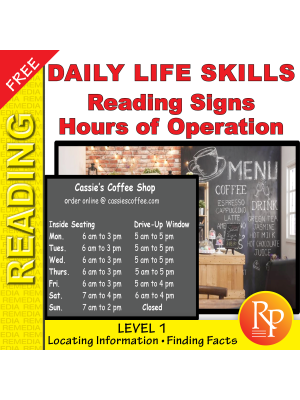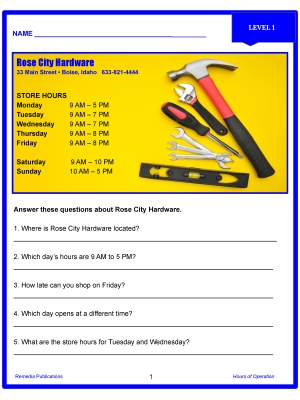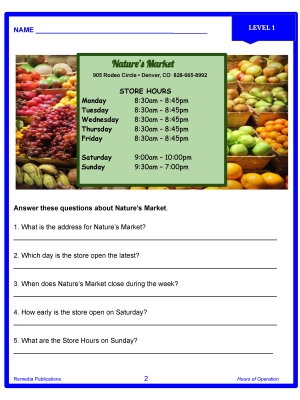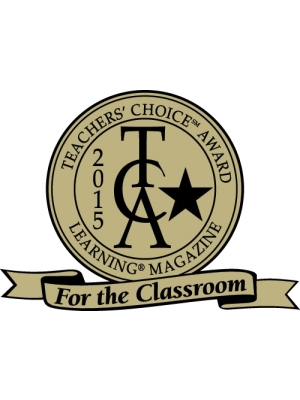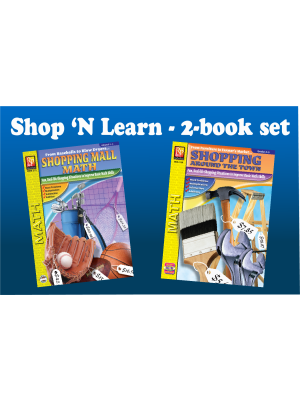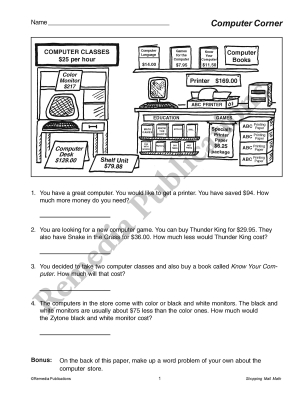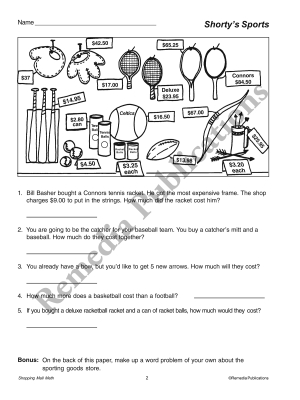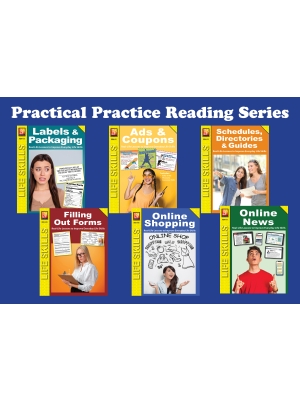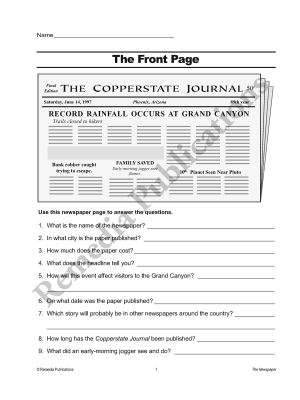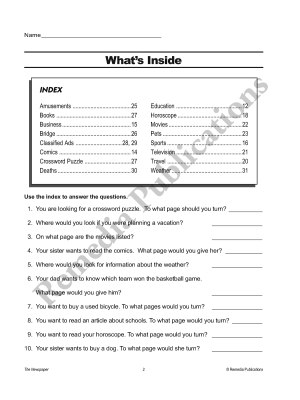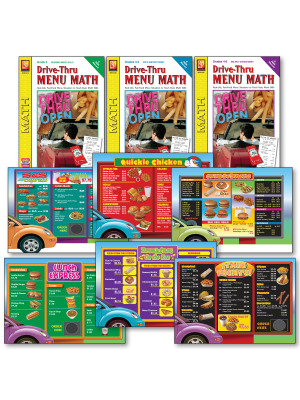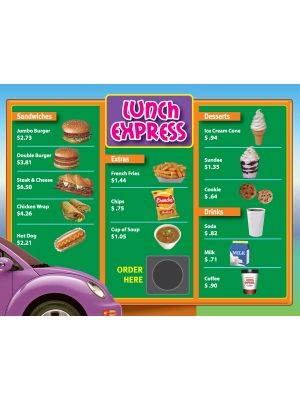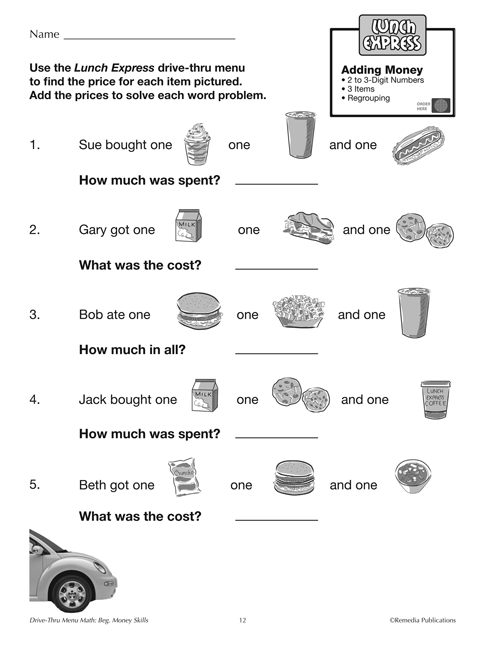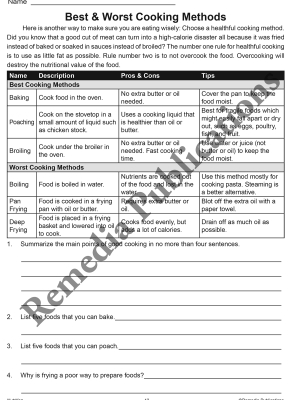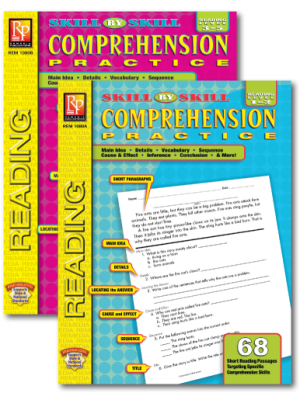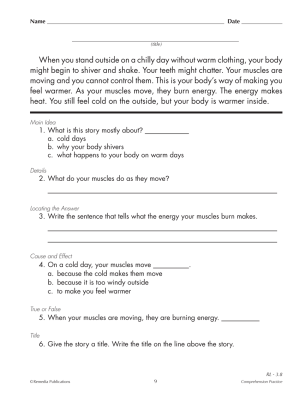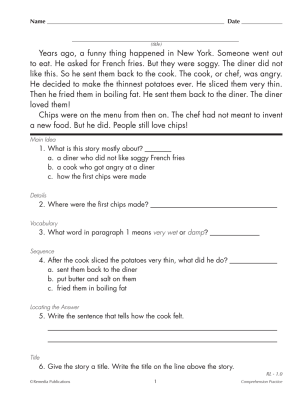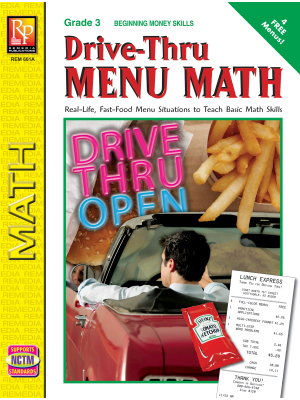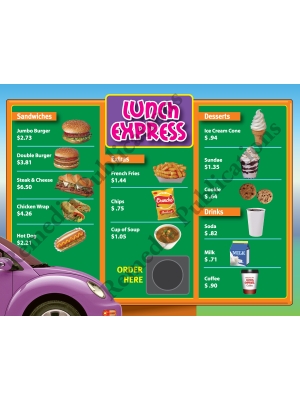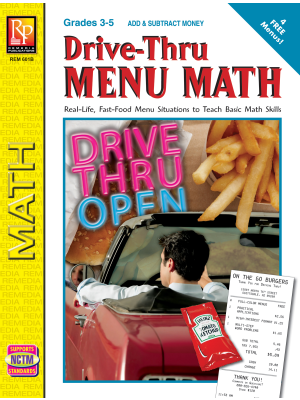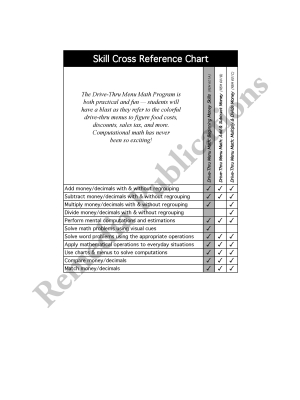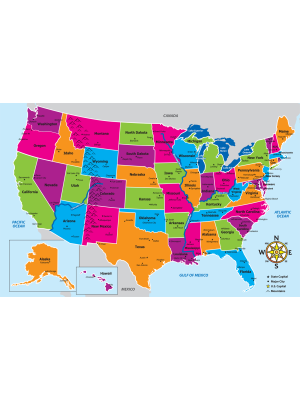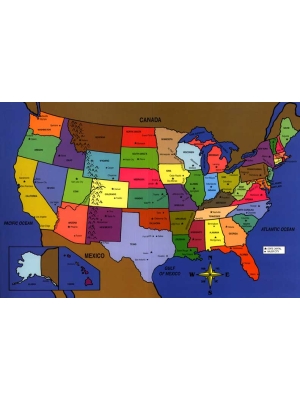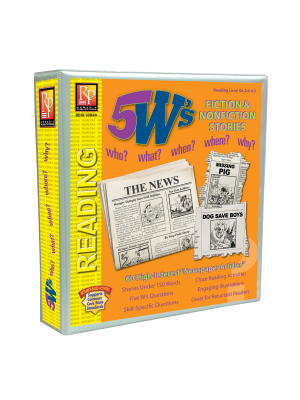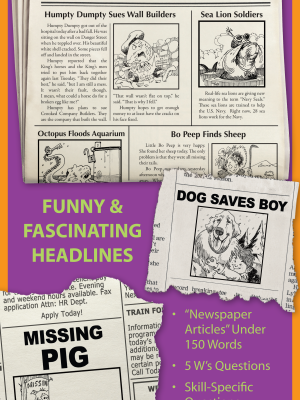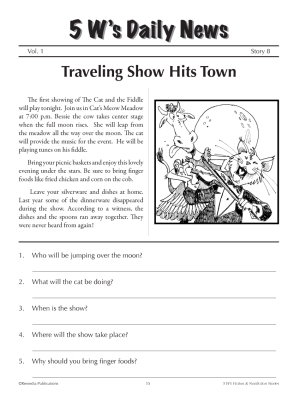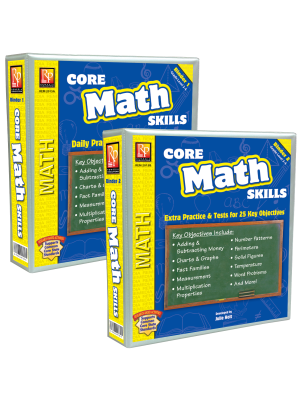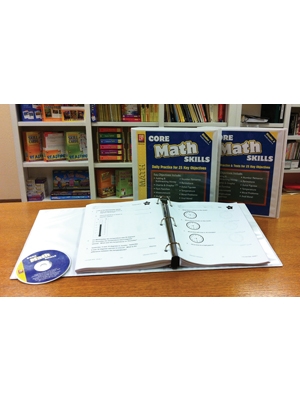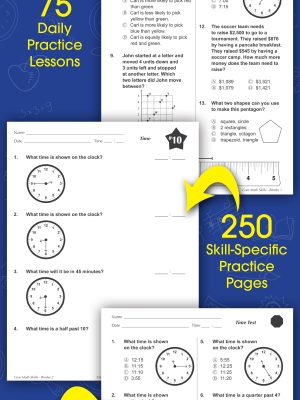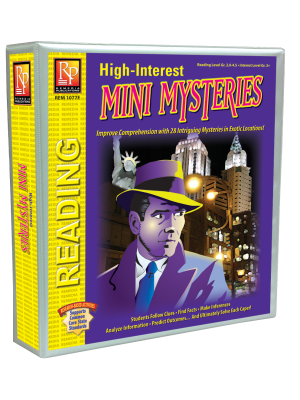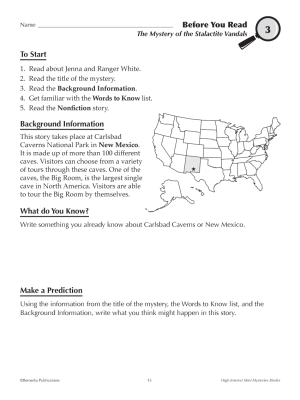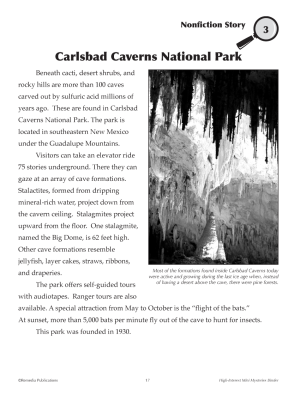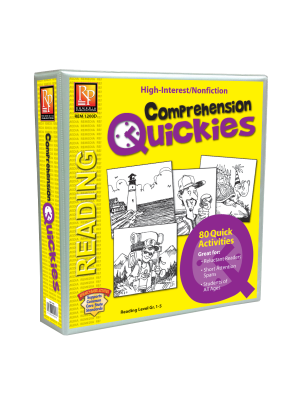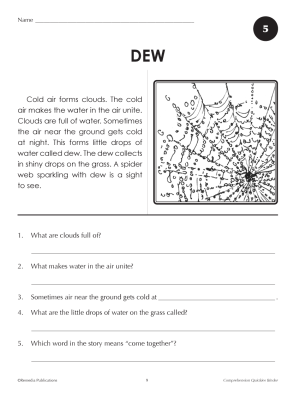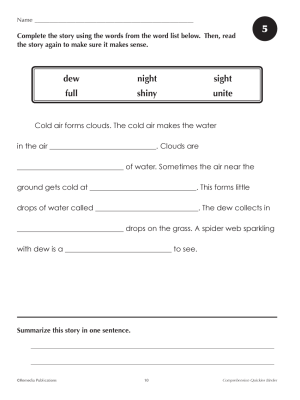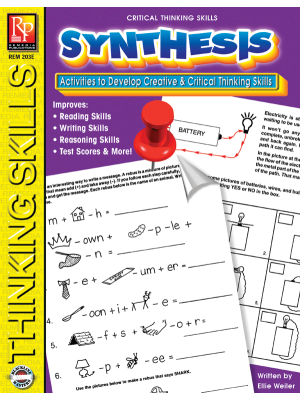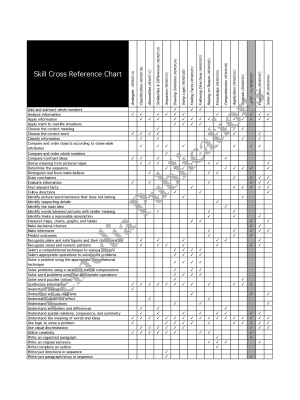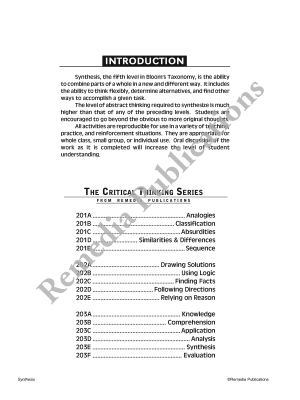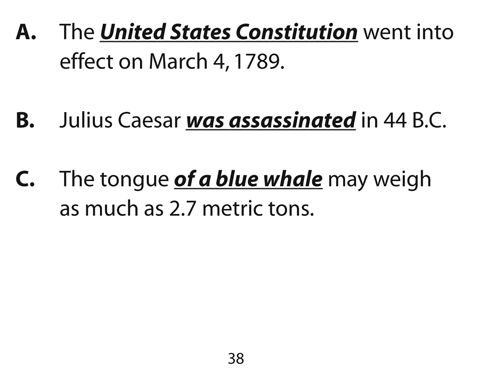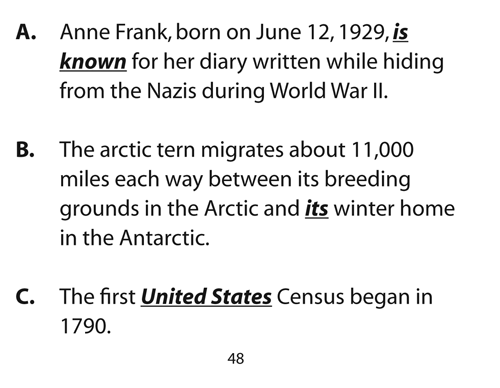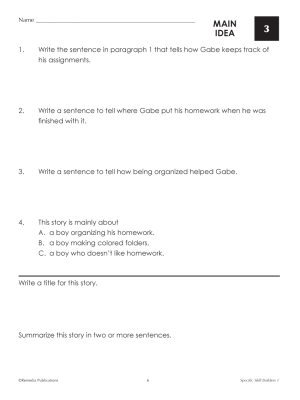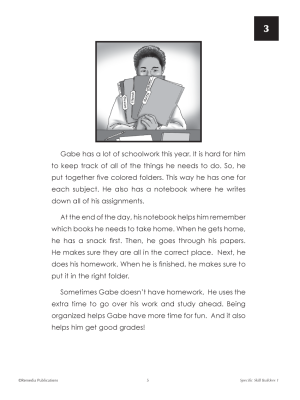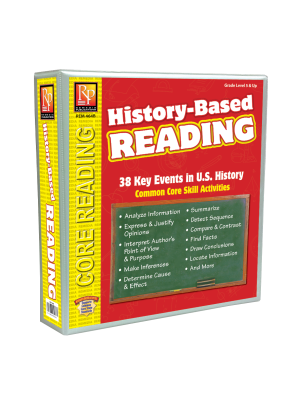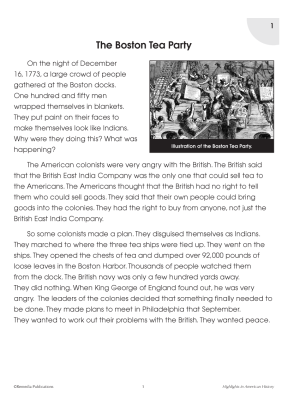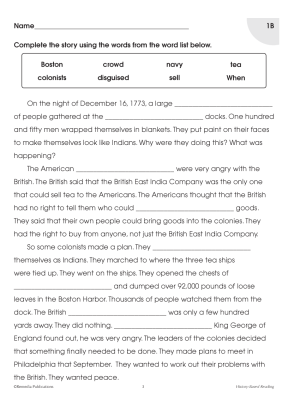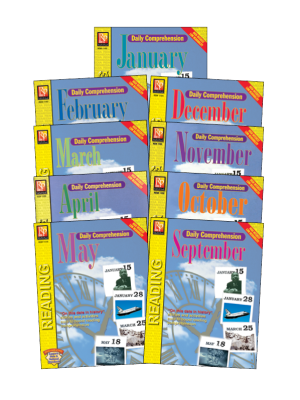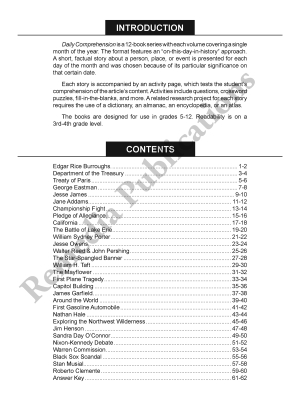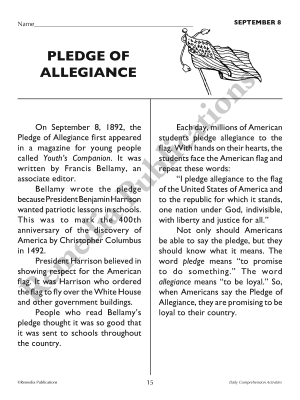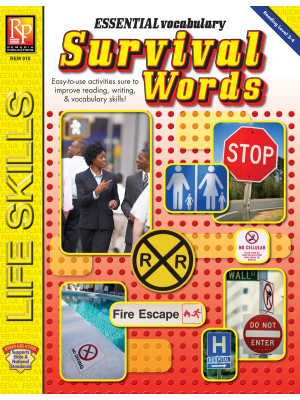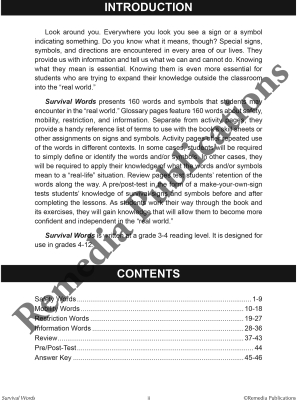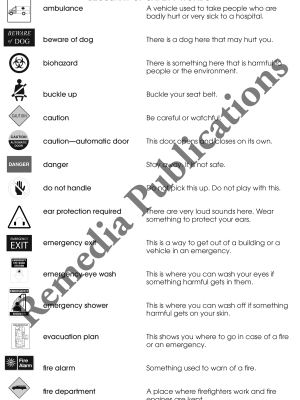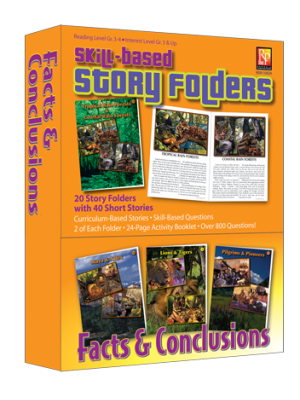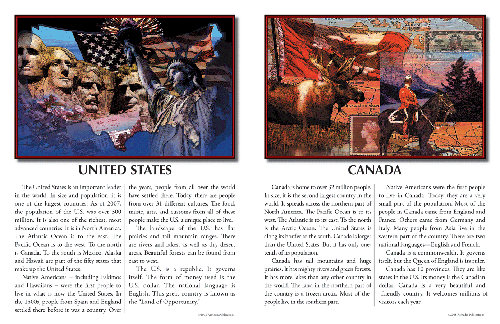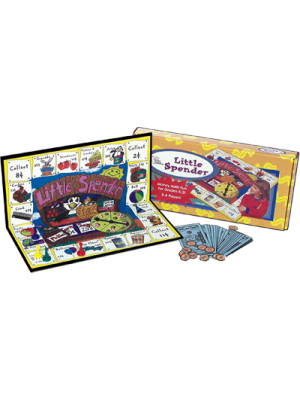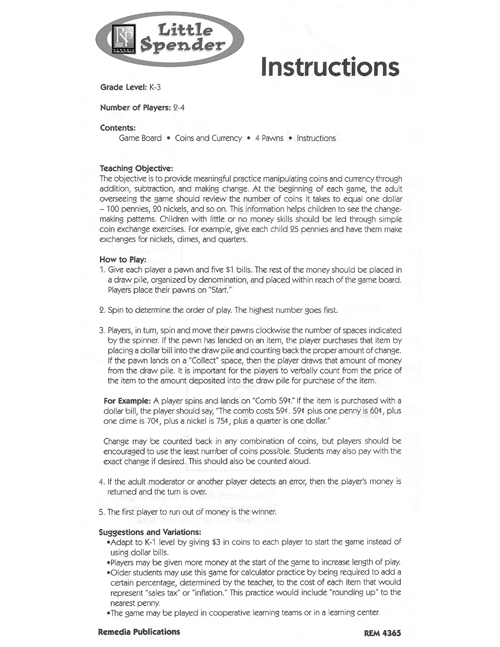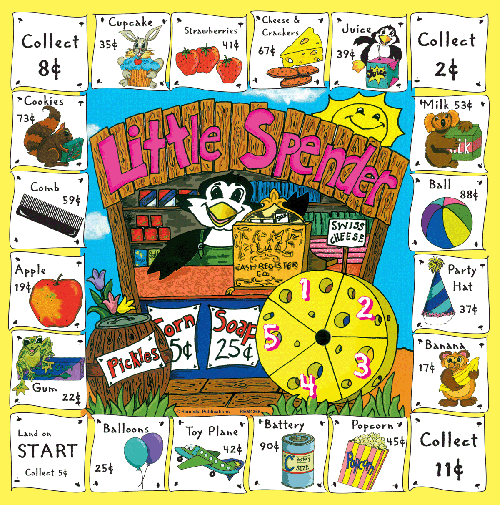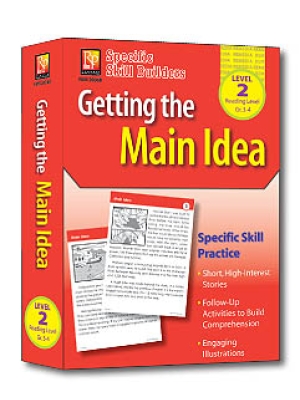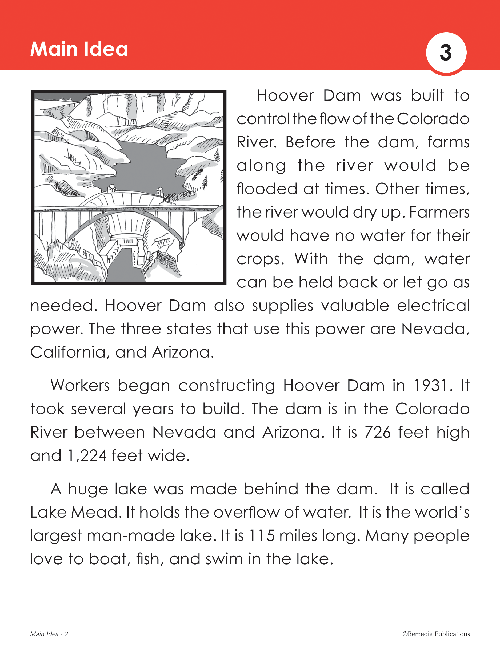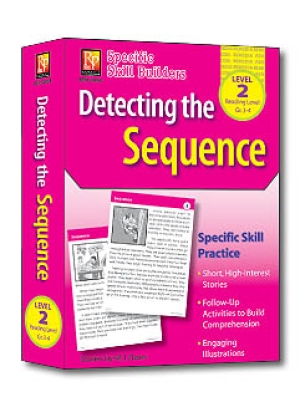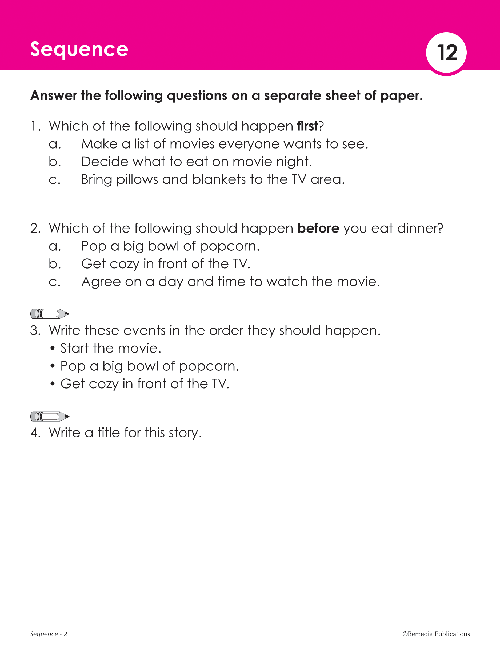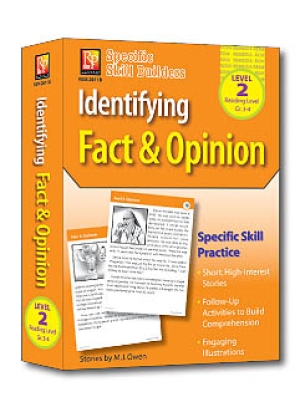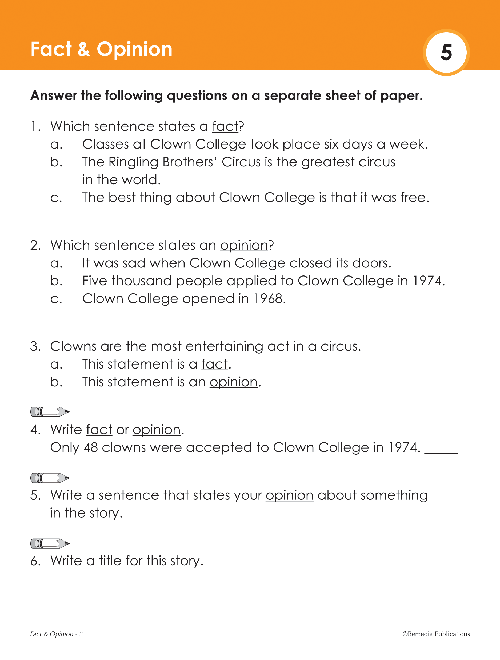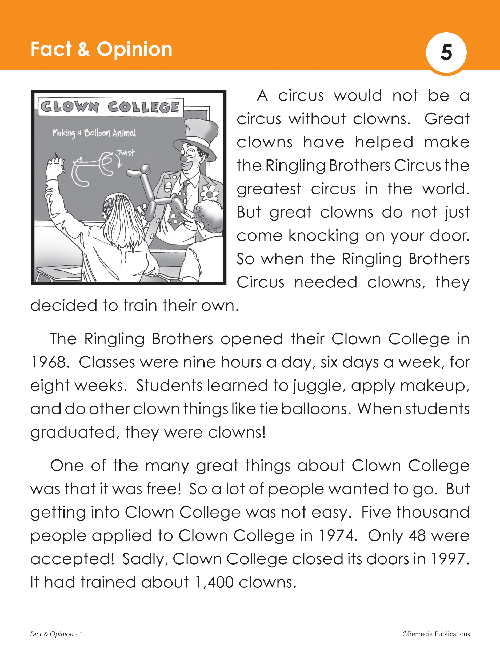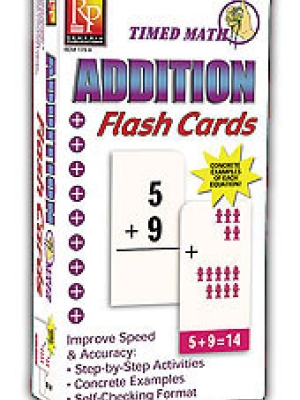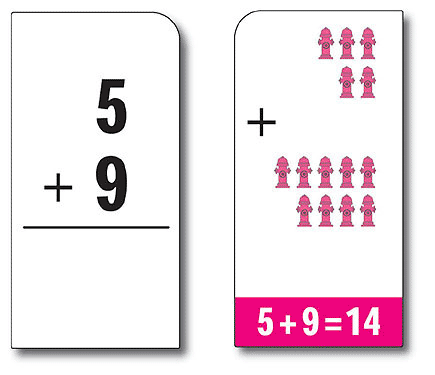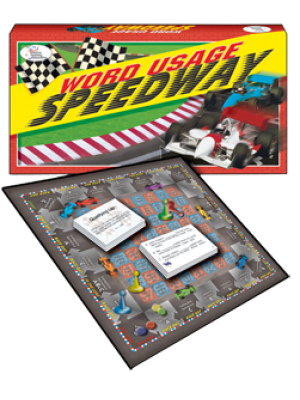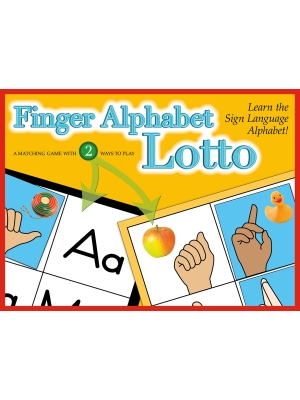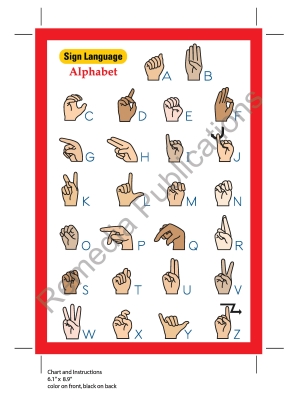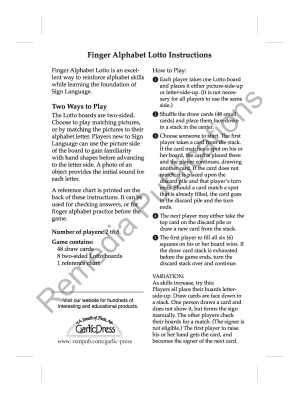Your students will love this engaging DIGITAL reading resource for use with Google Classroom!
Google Classroom™ Activities If you've been looking for a way to integrate technology into your classroom, this is your answer. And the best part is you don't have to print, cut, laminate, or replace when you lose pieces....it's all DIGITAL!
About this Product:
Part of the The Specific Skill Builders series, this section was created to give students targeted practice with Drawing Conclusions- a key comprehension skill. By focusing on one comprehension skill at a time, struggling readers will have an opportunity to master that skill and improve overall reading and comprehension skills.
This section includes 15 high-interest short stories featuring a variety of fiction and nonfiction topics. The word count of the stories ranges from 146 to 155 words. They are written at a 3.0-4.5 reading level, to make them suitable for a wide range of students.
Each story is numbered rather than given a title. The final activity on each slide asks the student to write a title for the story. Having the student write a title is often a very effective way to determine the student's level of understanding about the main idea of the story. The engaging illustrations were designed to bring the story to life and help capture the interest of reluctant readers. The questions specifically focus on helping students draw conclusions.
Introducing the Skill:
Drawing Conclusions is a complex reading skill. A conclusion is not something that is usually stated in a story. Instead, a conclusion is something students must draw by reading the details in a story. To introduce this skill, explain to students what it means to draw a conclusion from the information in a story. Drawing a conclusion means making a decision about what you have read. These decisions help fill in the meaning of the story.
For Example:
What can you conclude from the following sentence? Tom notices that Frank has cuts and bruises on his hands and wrists, and Frank's skateboard is damaged.
Even though it is not stated, a likely conclusion is that Frank had an accident on his skateboard.
Students must be detectives in order to draw a conclusion. They must put together clues from the details in the story so that a conclusion can be drawn about something the writer did not directly state in the story.
Question Format:
Two types of questions are included on each slide. There are questions that require written answers and multiple-choice questions. Questions 1-3 guide students to find clues in the story that will help them draw the conclusions in questions 4 and 5.
Google Classroom™ Activities If you've been looking for a way to integrate technology into your classroom, this is your answer. And the best part is you don't have to print, cut, laminate, or replace when you lose pieces....it's all DIGITAL! The purchase of this Google Classroom™ Activity includes a PDF that gives you access via a web link to the digital resource.
You do not have to be a Google Classroom to use this.
This is not an app and does NOT have sound or a "click to see if the answer is right" option for students. You will need internet access to initially download.
Contents Include:
- PDF Download (with Link to Slides)
- 15 Google Slides
- Tips for Use students will love this engaging DIGITAL reading resource for use with Google Classroom and Distance Learning!
- The purchase of this Google Classroom™ Activity includes a PDF that gives you access via a web link to the digital resource.
This is not an app and does NOT have sound or a "click to see if the answer is right" option for students.
You will need internet access to initially download.
Google Classroom™ Activities: Drawing Conclusions Reading Level Grades 3-4
- Product Code: EREM 2010BGC
- Viewed: 1210
- Availability: In Stock
$5.99
Your students will love this engaging DIGITAL reading resource for use with Google Classroom!
Google Classroom™ Activities If you've been looking for a way to integrate technology into your classroom, this is your answer. And the best part is you don't have to print, cut, laminate, or replace when you lose pieces....it's all DIGITAL!
About this Product:
Part of the The Specific Skill Builders series, this section was created to give students targeted practice with Drawing Conclusions- a key comprehension skill. By focusing on one comprehension skill at a time, struggling readers will have an opportunity to master that skill and improve overall reading and comprehension skills.
This section includes 15 high-interest short stories featuring a variety of fiction and nonfiction topics. The word count of the stories ranges from 146 to 155 words. They are written at a 3.0-4.5 reading level, to make them suitable for a wide range of students.
Each story is numbered rather than given a title. The final activity on each slide asks the student to write a title for the story. Having the student write a title is often a very effective way to determine the student's level of understanding about the main idea of the story. The engaging illustrations were designed to bring the story to life and help capture the interest of reluctant readers. The questions specifically focus on helping students draw conclusions.
Introducing the Skill:
Drawing Conclusions is a complex reading skill. A conclusion is not something that is usually stated in a story. Instead, a conclusion is something students must draw by reading the details in a story. To introduce this skill, explain to students what it means to draw a conclusion from the information in a story. Drawing a conclusion means making a decision about what you have read. These decisions help fill in the meaning of the story.
For Example:
What can you conclude from the following sentence? Tom notices that Frank has cuts and bruises on his hands and wrists, and Frank's skateboard is damaged.
Even though it is not stated, a likely conclusion is that Frank had an accident on his skateboard.
Students must be detectives in order to draw a conclusion. They must put together clues from the details in the story so that a conclusion can be drawn about something the writer did not directly state in the story.
Question Format:
Two types of questions are included on each slide. There are questions that require written answers and multiple-choice questions. Questions 1-3 guide students to find clues in the story that will help them draw the conclusions in questions 4 and 5.
Google Classroom™ Activities If you've been looking for a way to integrate technology into your classroom, this is your answer. And the best part is you don't have to print, cut, laminate, or replace when you lose pieces....it's all DIGITAL! The purchase of this Google Classroom™ Activity includes a PDF that gives you access via a web link to the digital resource.
You do not have to be a Google Classroom to use this.
This is not an app and does NOT have sound or a "click to see if the answer is right" option for students. You will need internet access to initially download.
Contents Include:
- PDF Download (with Link to Slides)
- 15 Google Slides
- Tips for Use students will love this engaging DIGITAL reading resource for use with Google Classroom and Distance Learning!
- The purchase of this Google Classroom™ Activity includes a PDF that gives you access via a web link to the digital resource.
This is not an app and does NOT have sound or a "click to see if the answer is right" option for students.
You will need internet access to initially download.

